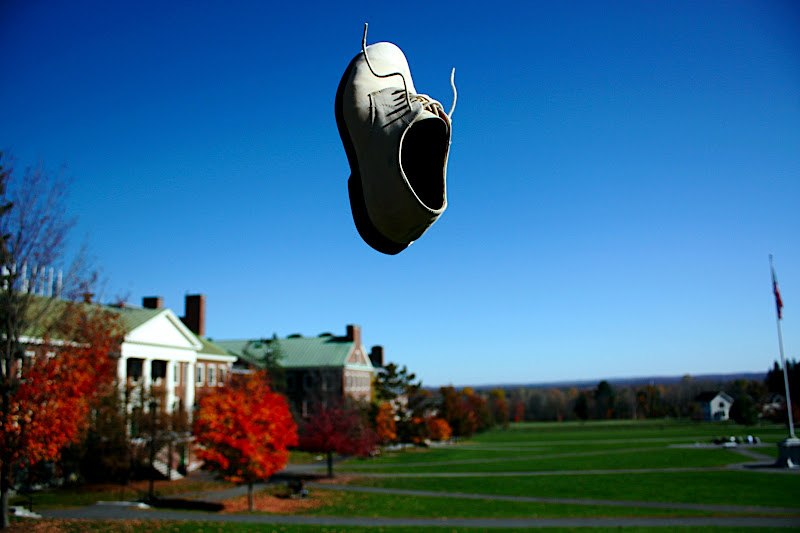Playing in the Woods
/Holding my Swiss army knife in my right hand and pulling down with my left, I sliced through the topside of the bending maple branch. Making little headway, my arms tired and I let go, dropping six inches to the ground. "I can't believe mom dulled my knife, she never does that to yours," I yelled in frustration to my younger brother, Tim, stacking seven-foot tree sections in a tepee formation some fifty feet away. Tim had no scars on his hands, mine looked like a pair of RRL jeans.
"Let me see yours," I said motioning to the small red knife in his hand. Thumbing the blade open, I avoided the bandaids on my index finger and rubbed the blade. "Yah, yours is much sharper. I am almost nine and mom wont let me have a sharp knife," I chirped like a senior complaining to the coach when a sophomore gets the start at homecoming. Tim said nothing and kept pulling the bark off a freshly cut sapling.
Walking back to the tree, I jumped up and hung on like Stallone on the cover of Cliffhanger. With a downward yank of the pocket knife, the small branch cracked under my weight and I fell to the ground with an accomplished grin on my face. Holding the knife in one hand and the branch in the other, I jumped up and dragged my prize back towards our recently conceived tepee.
Without the luxury of abundant neighbor kids and the infrastructure afforded by suburban playgrounds, my brother and I wandered aimlessly through the hundred acre woods that surrounded our house. Shooting slingshots, dirtying clothes, playing like cowboys and Indians, and making forts and dams, we passed our time in the forest.
Small Point, Maine.
A decade and half later, I still venture into the woods when restless and frustrated. Trading in my LA Lights for Danner Hiking boots and Vibram Fivefinger running shoes, I explore the woods at 22 with the same youthful exuberance I did at 8-1/2.
North Belgrade, Maine
Western Maine.
Other than maybe a Bruce Springsteen Concert, few places could could jointly host Choco-wearing Trustafarians from New England and Cabela's-outfitted deer hunters from the rural Midwest like the woods do. Regardless of their political standpoints on the duration of the waiting period to own an assault rifle or eagerness to pack their bowel movements out in plastic bags, they are drawn to the woods in a similar way. The woods are special.
Here are some more links,
Trees (Picasa),
The Woods (ART).






